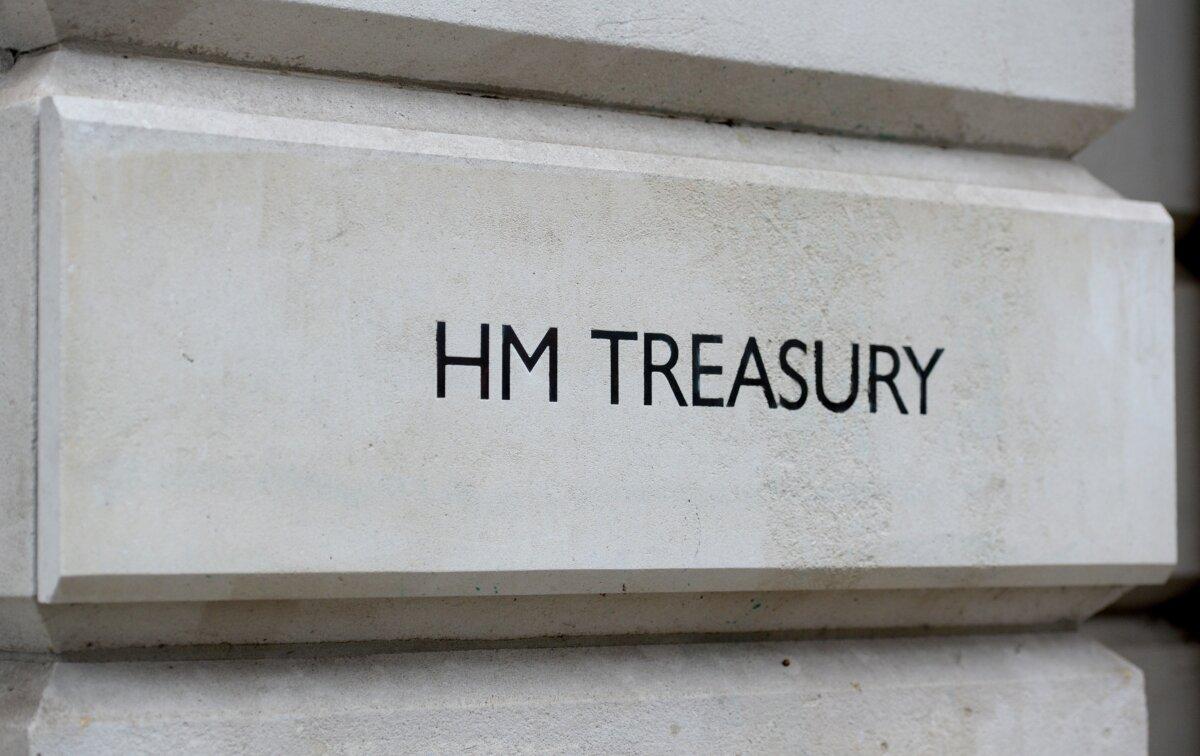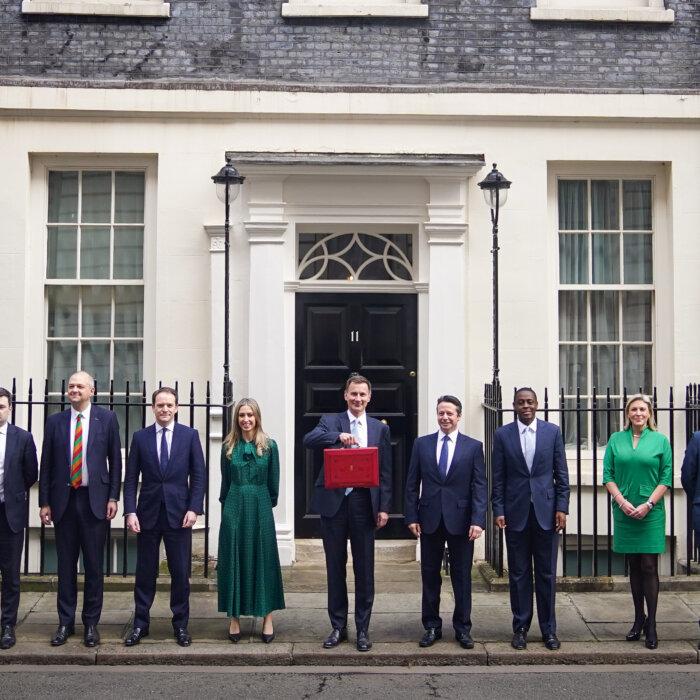The measures to assess the value for money of government borrowing are “nebulous at best,” said Dame Meg Hillier, chair of the Public Accounts Committee (PAC).
The report also said there’s limited information on who are the ultimate owners of 25 percent of UK debt held by overseas investors, and the potential risk this creates.
The committee said it’s “unconvinced” that the government has adequately captured the lessons learned during the financial crisis and the COVID-19 pandemic, and that the government’s borrowing agency is facing more challenges because of the impending retirement of senior personnel.
When the government spends more than it receives in taxes, it borrows money mainly via the Debt Management Office (DMO), which sells bonds, or gilts, to large investors; and via National Savings & Investment (NS&I), a state-owned savings bank that offers retail products such as Premium Bonds.
Successive governments have borrowed money in all but five of the past 53 years, with an accumulated debt of around £2.65 trillion at the end of January.
“However, it is impossible to know whether government is securing value for money from its borrowing as the Treasury’s debt management objective is not directly measurable,” the PAC said in its report.
The report said the objective is “high-level and difficult to quantify because costs and risks need to be assessed over varying time frames—for example, some gilts last for 50 years.”
The PAC recommended the Treasury and its two borrowing arms set out how they plan to improve performance measurement against the debt management objective, including their analysis of international approaches and possible new metrics that could be introduced.
Borrowing hit record levels during the COVID-19 pandemic, although the DMO has managed to raise all the funds it was tasked to raise with the help of the Bank of England (BoE), which bought a substantial amount of the gilts.
However, the DMO has been facing unprecedented challenges in the past two years because the BoE is selling gilts at the same time as the DMO for the first time.
If the DMO is to be tasked with raising vast amounts of money again in the future, the job may be more difficult if the BoE’s help isn’t available, the PAC said.
The agency also needs to deal with legacy issues including “repaying the huge number of gilts in the years to come, peaking in 2024–25 with the DMO needing to repay £140 billion of gilts on behalf of government alongside raising large sums of money as part of the annual borrowing process,” the report reads.

Opaque Picture on Foreign Investors
During the inquiry, the PAC was told that foreign investors hold around 25 percent of all UK debt. The proportion is the second highest in G7 countries after France.However, it’s impossible to know who the ultimate owners are because gilts can be sold on.
There are also different opinions on how much risk this creates.
The Office for Budget Responsibility (OBR) told the committee that “foreign investors were ’more fickle and more flighty than domestic investors’ because they were less committed to holding UK gilts over the long-term.”
“The OBR told us that compared to domestic investors, such as UK pension funds, foreign investors were more interested in ‘rates of return’ and were more likely to switch to German or Japanese government bonds should the attractiveness of UK gilts fall,” the report says.
However, the DMO disagreed with the view.
“The DMO told us that over the last 20 years, sterling had become much more of a ’reserve currency,' accounting for around 5 percent to 6 percent of global reserves. It explained that this suggested that overseas central banks and other international organisations, such as life insurance companies, were more likely to hold UK gilts over the long-term.”
The DMO also told the committee that domestic pension funds had “arguably became the ’more volatile portion of the investor base'” following former Prime Minister Liz Truss’s mini-budget in September 2022.
The PAC also said the Treasury and the DMO “lack the information needed to better identify unlawful activity,” citing the competition watchdog’s provisional finding last year that five major banks had “unlawfully shared competitively sensitive information, potentially impacting the DMO’s gilt auctions.”
Meanwhile, a wave of retirements will create further challenges, according to the PAC.
“The DMO is preparing to recruit a new CEO for the first time in over 20 years, and other senior members of staff are nearing retirement.”
The report said the DMO and NS&I are both specialist organisations, with distinctly different skills sets and experience to those normally found in the Treasury, and the committee is concerned the Treasury and the two agencies “will not have the necessary skills, experience, and institutional knowledge needed to overcome the challenges they face now, and in the years to come.”







